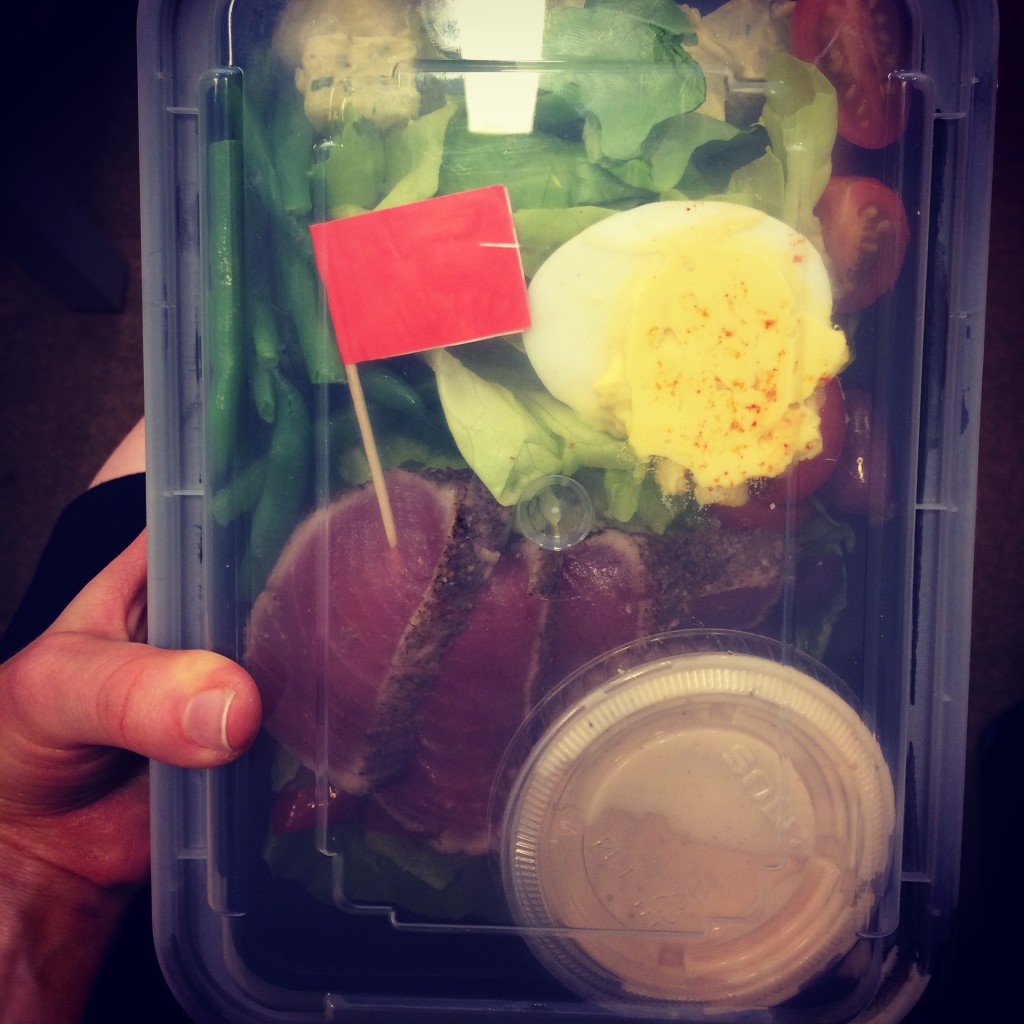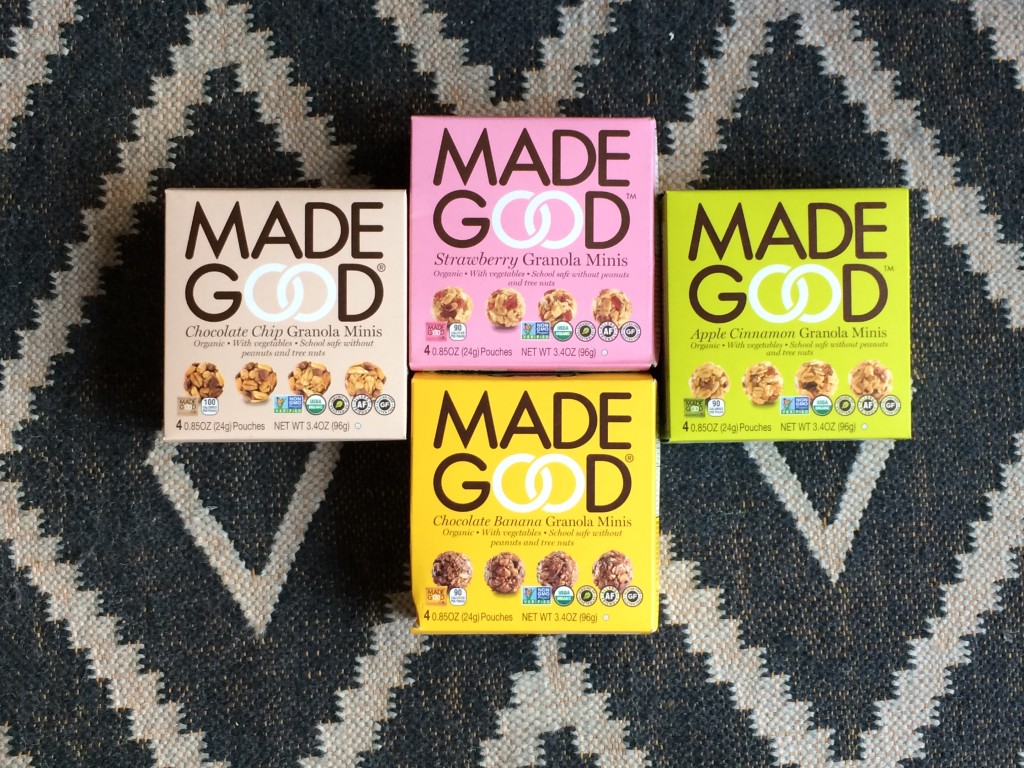Today I want to talk a little about food allergies. It’s estimated that over 15 million Americans have food allergies. A 2013 CDC study also suggests they’re on the rise. There are lots of factors to take into account there, such as improved awareness and screening as well as things like environmental changes and changes to our agricultural practices that may impact the body and its tolerance to various foods and instances of cross contamination.
I didn’t grow up with any dietary restrictions (I started having issues in my mid-20’s and thought it was all in my head until I went to an allergist), so it’s been quite adjustment, mentally, to feeling comfortable speaking up and reading labels carefully. Then there’s always making sure my purse is big enough to carry an epi pen—no cute little clutches for me. I’m still working on getting over the feeling that someone is going to get mad at me for not being able to eat what everyone else is eating or that people will find it annoying when I ask what the ingredients are in a dish.
Case in point: I had a team meeting at a new job site last week, and they ordered lunch from a nearby restaurant. In the email where the menu to the restaurant was included, we were asked about allergies, and I had a moment of anxiety where I worried it would reflect negatively on me to list mine. I did appreciate how easy the little red allergy flag made it to tell whose meal was whose, though!
I’m always intrigued by new products on the market that cater to people with dietary restrictions.A lot of my friends’ and clients’ kids go to schools where nuts are not allowed, so sometimes the topic of school-safe snacks comes up sometimes.
One of my personal favorite portable snacks that’s nut-free, dairy-free, and gluten-free is dry-roasted edamame, but for people who need to restrict soy, it’s obviously not an option.
When MadeGood reached out to me, I was really curious to learn more about their granola bars and granola minis—little granola clusters.
These snacks are free from the 8 most common allergens:
- eggs
- milk
- fish
- shellfish
- wheat
- soy
- peanuts
- tree nuts
These are also gluten-free, vegan, non-GMO, and certified organic.
I tried the different flavors (my favorite was the chocolate banana, and I also liked the strawberry) and shared with some of my nutrition colleagues as well to get their take. As is the case with many allergy-friendly products, these had some pros and some cons.
The positive: In addition to being free of these 8 allergens, these products incorporated real fruits and veggies. They tasted great without being too sweet. The texture was also crisp but not crumbly—a common problem with these types of snacks. The packaging is also adorable.
The negative: The bars are tiny, which may not matter so much if they’re meant to be a lunchbox treat, but for a hungry adult, they might not do much. They’re also very low in fiber (most products had only 1 gram per serving) and do contain some sugar, though none of the products we tried contained more than 9 grams per serving.
My colleagues and I agreed, though, that it’s always good to have another option in your back pocket, and these certainly are a cute, convenient, and tasty way to provide an allergy-friendly alternative.
Do you have a food allergy? What are some of your favorite allergy-friendly finds?
Disclosure: I was provided with samples by the company, but I was not compensated monetarily for my time. Opinions are my own.

